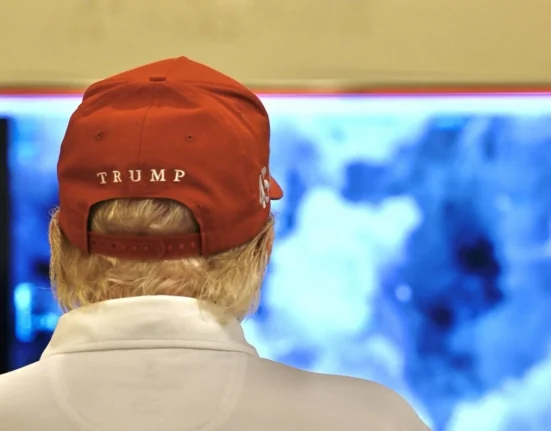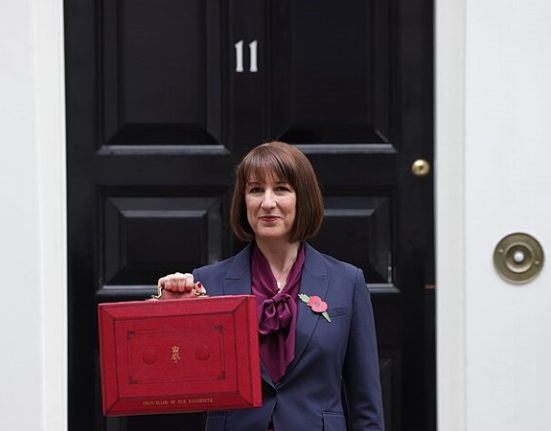A vote for show, not strength
By calling a vote of confidence in himself, Donald Tusk has gambled on theatrics to hold his coalition together. The move, provoked by the crushing defeat of his presidential candidate Rafał Trzaskowski, is a bold attempt to stabilise an increasingly precarious government. It may work in the short term. But the cracks within Poland’s ruling coalition are no longer hairline – they are structural.
Coalition loyalty under strain
Tusk may survive Wednesday’s vote, thanks to performative unity from his partners. But what’s unfolding is not a reaffirmation of leadership – it’s a public airing of grievances. From the Polish People’s Party (PSL) to Poland 2050, key allies are using the spotlight to demand renegotiations and plot internal power shifts. Behind their pledged loyalty lies a clear message: they are in this for survival, not solidarity.
Reform agenda in ruins
The timing is brutal. Tusk’s reform agenda – especially on the judiciary – is now paralysed. With Karol Nawrocki set to occupy the presidential palace, the veto threat looms larger than ever. The opportunity to secure a cooperative presidency, a key lever for unlocking EU funds and resetting Poland’s global image, is gone. Instead, Warsaw returns to gridlock.
Fear of elections keeps coalition in check
Tusk must now pivot from visionary statesman to crisis manager. The risk of running a minority government is real, and if his coalition loses its slim majority, legislative ambition will give way to political trench warfare. The threat of snap elections and a possible far-right resurgence via PiS and Confederation – casts a long shadow. And yet, none of Tusk’s rivals within the coalition dare walk away. Poland’s 5 per cent parliamentary threshold means political oblivion is one misstep away. That fear, more than loyalty, is what holds this house together.
Poland’s weakened hand in Europe
Internationally, the consequences are sobering. Tusk’s aim to use Poland’s EU presidency to champion Ukraine and European defence has been disrupted. Nawrocki’s scepticism on Ukraine’s NATO and EU bids adds another layer of instability. The cohabitation Tusk must now manage risks neutering Poland’s voice abroad just as Europe seeks cohesion in the face of mounting threats.
A fragile moment of reprieve
This vote may give Tusk temporary breathing space. But as the economy strains, allies squabble, and opposition regroups, his real challenge is only beginning. What’s at stake isn’t just his mandate – it’s whether Poland’s pro-European course can endure its domestic dysfunction.







